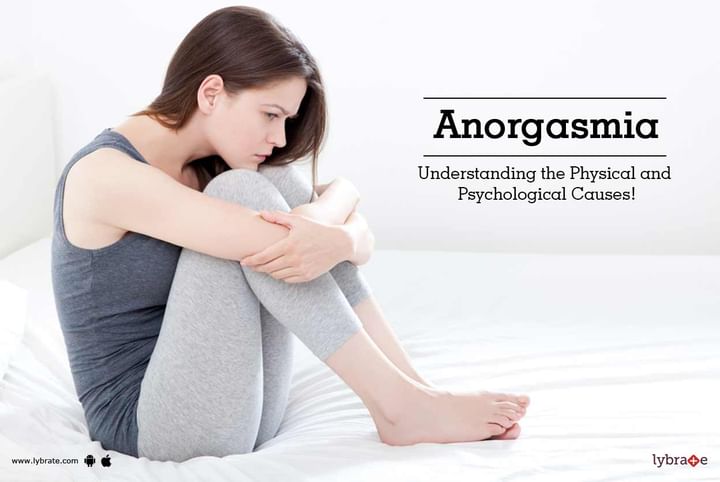Anorgasmia - Understanding the Physical and Psychological Causes!
This is a condition in which women are unable to climax in spite of adequate sexual stimulation. It is a common condition that affects a significant number of women. Female orgasms vary in several ways; it may differ in intensity or duration. The symptoms of anorgasmia are mainly the delay in attaining orgasms or the inability to orgasm.
What are the types of anorgasmia?
- Acquired anorgasmia- In this type, orgasms have been attained before, but due to some factors, have stopped now.
- Lifelong anorgasmia- Orgasms have never been felt.
- Situational anorgasmia- Here, you may be able to orgasm in certain situations alone. Like in a certain position, or oral sex or with a particular person only. Most women cannot orgasm to vaginal stimulation alone.
- Generalised anorgasmia- In this, you are unable to climax in any situation or with any partner
What causes this?
Orgasms is a very complex process. It takes a combination of physical, psychological and emotional factors to reach an orgasm. So, if any of the above mentioned is compromised, it can lead to temporary or permanent anorgasmia. The several factors that can typically cause anorgasmia are:
Physical Causes
- Medical diseases- Diseases such as diabetes or multiple sclerosis can lead to anorgasmia
- Medications- Medicines such as anti-depressants, anti-histamines, cardio-vascular medications can interfere with orgasms
- Smoking and Alcohol- Alcohol can lead to the inability to climax, whereas smoking cigarettes limits blood flow and has a similar effect.
- Gynaecologic issues- Surgeries such as hysterectomy or cancer surgeries can hamper with the ability to achieve orgasms.
Psychological Causes
- Poor body image
- Embarrassment
- Anxiety or depression
- Financial issues and stress
- Fear or Sexually Transmitted Diseases or pregnancy
- Past emotional or sexual abuse
Relationship issues
- Fights or conflicts in the relationship
- No attraction toward the partner
- Lack of connection
- Infidelity
- Poor connection with partner regarding sexual needs
How to treat it?
After you consult your sexologist, he might suggest you sex therapy or cognitive behavioural therapy. You may also seek couple therapies. Women can also try increased stimulation. Most women have a hard time achieving orgasms via vaginal stimulation. You can try clitoral stimulation or other positions that may benefit and increase the chances of achieving an orgasm.



+1.svg)
